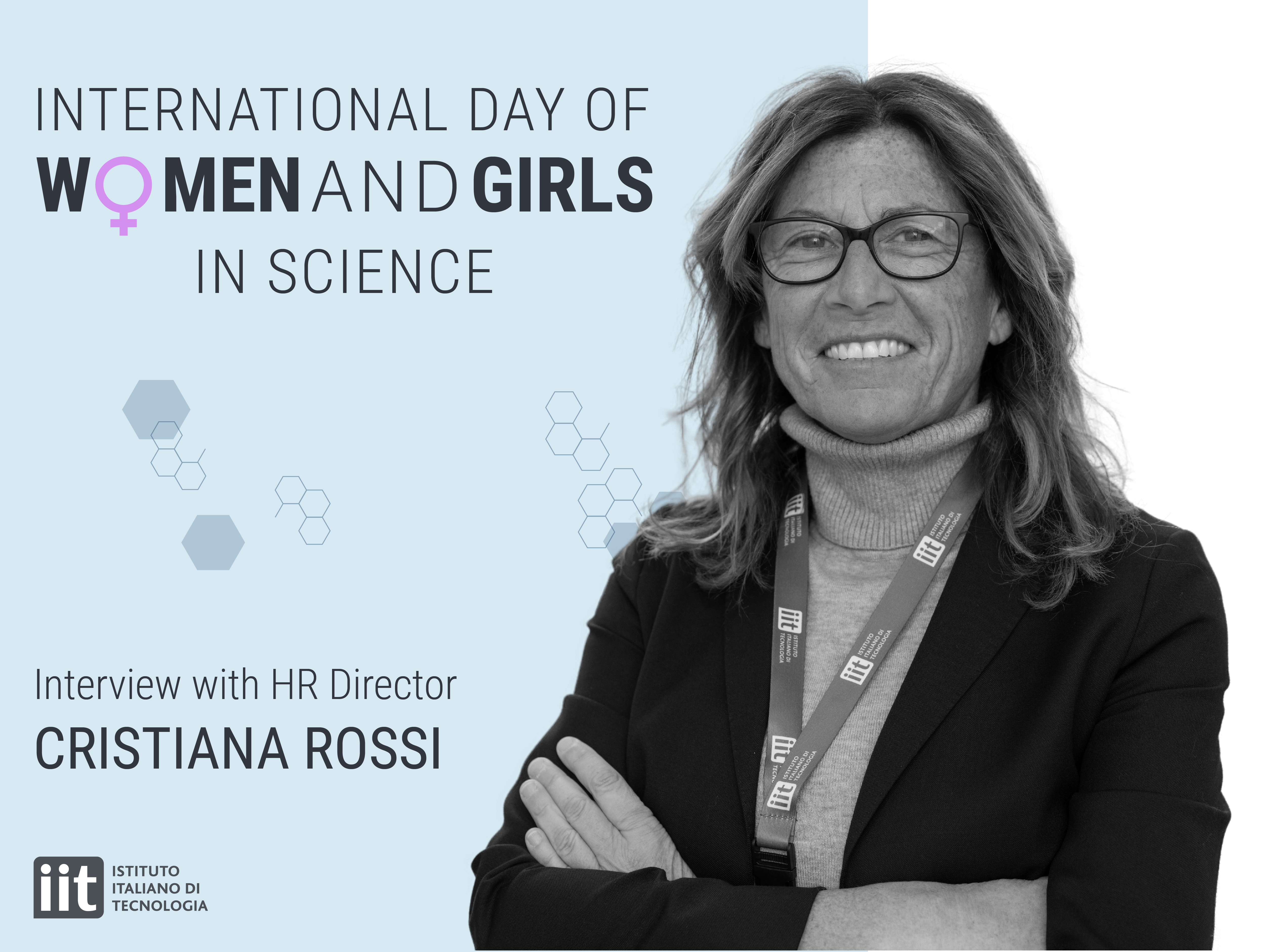Artificial Intelligence (AI) and Machine Learning (ML) are becoming increasingly central to scientific research. However, their adoption presents significant challenges regarding transparency, documentation, and reusability
While the FAIR principles (Findable, Accessible, Interoperable, Reusable) are now widely applied to research data, and more recently to scientific software, their application to AI models is still in its early stages and lacks established guidelines.
The Italian Institute of Technology (IIT), as an affiliated partner of the European project Skills4EOSCcoordinated by GARR, recently completed a Delphi study aimed at building expert consensus on a set of FAIR practices specifically intended for ML/AI models.
A collaborative and structured study
The Delphi study, a structured method designed to achieve consensus through iterative expert consultation, was carried out in collaboration with TU Delft and KIT. More than 200 AI and ML experts from universities, research centers, and global networks were contacted. Of these, 67 actively participated in the study, including experts from our institute.
The study was conducted in collaboration with researchers from participating institutions and the FAIR4ML Interest Group of the Research Data Alliance (RDA). Members of this group contributed to defining and refining the list of practices and participated throughout the process.
The study included two rounds of online questionnaires and concluded with an online meeting in January 2025, where results and future perspectives were discussed with some of the participants.
The Outcome: 10 FAIR best practices for AI and ML models
The final outcome is a shared list of 10 best practices essential to make AI and ML models more findable, accessible, and reusable, in line with the FAIR principles. These practices cover the entire model lifecycle, from documentation to sharing and reuse.
The results were presented in a Lightning Talk at the 19th International Digital Curation Conference (IDCC25) on February 18, 2025. All details of the study are available in the official deliverable published on Zenodo and summarized in a Booklet designed for researchers.
A Contribution to Research Data Management and Open Science
“This contribution fully aligns with the mission of Skills4EOSC, which aims to build a training ecosystem for Open Science in Europe, and it reinforces IIT’s role as a promoter of innovation and best practices in scientific data management.”
— Valentina Pasquale, Data Steward Coordinator at IIT
This work represents a concrete step toward the adoption of FAIR principles in technologically advanced domains such as AI and ML, contributing to more open, collaborative, and responsible research.
A distinctive feature of this initiative was the strong involvement of both external and internal scientific communities at IIT, which actively contributed from the early stages of the study.
“Being involved in this study from the very beginning allowed me to connect with international experts and collaboratively identify best practices to make AI and ML models more FAIR. It was also a valuable opportunity to engage IIT researchers and explore how to bring the project’s outcomes into the Institute. The next phase will involve collaborating with researchers to turn these findings into practical guidelines for implementing FAIR practices in our context.”
— Elda Osmenaj, Data Steward at IIT
Image credit: © Khanchit Khirisutchalual /iStock, Image ID: 1515913422.






